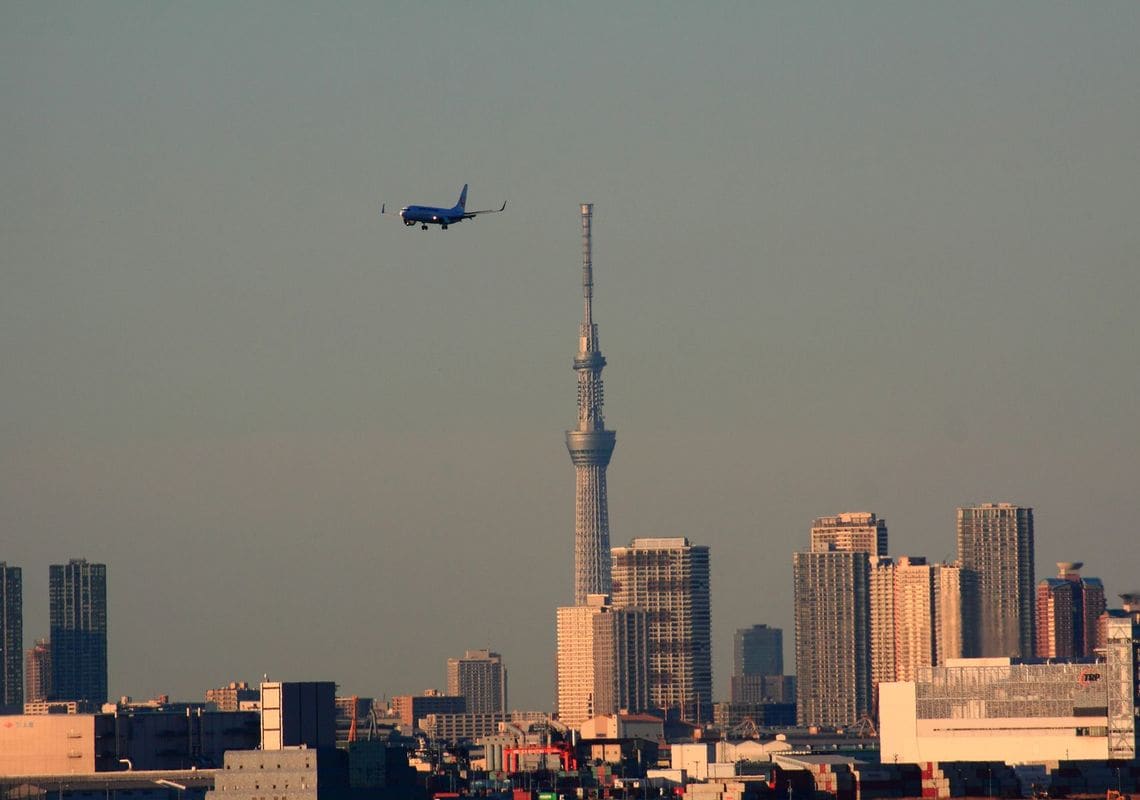
You can never go home. But of course you can! I said, as I packed up every item I own and shipped myself back to the US after living seven years in Tokyo.
There is plenty written about foreigner life in Japan, dealing with the language barrier, racial discrimination, business practices, you name it. Culture shock in a foreign land is a well-known concept, but what about the reverse? What do we do when we exit our adopted country only to repatriate to a land where things seem just as foreign as Japan did when we first arrived?
This was something I pondered for a long time in the months leading up to my departure earlier this year. I knew for certain that I had to leave Japan for a myriad of reasons, but a big one was that I missed my homeland.
The thing was, I wasn’t sure if I was remembering the United States accurately as a place I’d feel welcome, and frankly, not foreign in an increasingly multi-cultural country. Maybe I was just kidding myself, thinking the grass was greener on the other side of the Pacific.
Tokyo had everything
I’d spent most of my adult life in Japan, working for a foreign firm, living in the central Tokyo bubble with access to everything the city has to offer. If I needed a toothbrush at 3am, all I had to do was pop down to the convenience store just outside my apartment building. Anything more than 30 minutes away was a trek, so why bother? If I was bored, I could go for a walk, shop, get a drink, whatever my impulsive little heart desired.
The moment I arrived back at my father’s house in quaint suburban Connecticut, I remembered stores close around 9pm. If I need anything, it's a car ride away. Bored? Good luck trying to take a walk on the winding, sidewalk-less roads that lead to nothing but more residential areas and possibly a Mercedes SUV careening into your face. But maybe this was just me being too used to the city slicker life. Surely I’d experience the same thing if I was moving back from the likes of New York City or Washington DC?
I'm not convinced about that. There is something unique about moving from Japan back home. Foreigners spend a significant portion of their mental energy attempting to adapt (or to the extreme, assimilate) to Japanese culture, and no matter what your culture of origin, that can be a challenge.
Overcoming my big, brassy American ways was tough. I had to learn to self-censor my bluntness (no, of course I don’t mind paying that ¥30,000 fee that makes absolutely zero sense to me), accept that refusals are indirect and without specific reasons ('maybe' probably means 'no' and don’t ask why), and that blurting out my whole life story to people queuing at the post office isn’t exactly socially acceptable (I thought you cared about the play I did in third grade).
Granted, these internal changes didn’t happen overnight. There were many missteps and embarrassments along the way, but a few years in, I considered myself pretty well-adjusted to the Japanese way.
I should have known the same challenges would spring up going back to the US, but in the reverse. I was recently on the phone with a customer service representative to request a document. She simply told me, 'We can’t do that,' followed by the precise reason why. There was no grand display of politely asking me to wait a few moments, being put on hold as she presumably asked a superior in a kowtow position for permission to complete the honourable customer’s humble request. The rejection was not decorated in the pointless yet somehow necessary throw pillows of keigo (respectful language) and a sympathetic tone. I was just going to have to accept a stark-naked 'no'.
Going home with new identity
I was shocked. Offended even. How dare she? I was the honourable customer! I held that sacred position above her, above her superior, above the very multibillion-dollar financial institution she worked for. The next thing she asked me? How was the weather on my side. Asking about the weather? After that insubordination? We chit-chatted for a few minutes before I thanked her for her help and hung up. She wasn’t being rude. She even cared about my case. The problem was that I had the Japanese service industry mentality so deeply etched into my psyche that I couldn’t fathom experiencing anything different.
Conversations with strangers aside, something more pressing is perhaps interactions with friends and family. Welcome to the world of stock questions. Foreigners in Japan know these quite well. 'Where are you from?' and 'How long have you been in Japan?' might as well be played on loudspeakers in a constant loop wherever foreigners congregate. But returnees get the same type of enquiries. The question of why I was in Japan is easy to answer. Japan’s great. Tokyo’s amazing. It’s safe, clean, has great food, there’s plenty to do, and there’s a large enough foreign community that your average gaijin won’t get too homesick and want for conversing in their native tongue. The harder question to tackle is why I stayed so long.
With people close to me, it’s easy to pour my heart out. I loved Japan for a long time, but then I started to not like a lot about it. Then I just got comfortable with the dull yet nagging complacency with all the things I didn’t like. Fear of taking the leap, moving away from what I had become and what I knew, prevented me from taking any action. Japan was home. My identity was solidified in the title of Foreigner in Japan.
So if Japan was my home, then what was the US? If I was a Foreigner, was I still American?
These are questions I’m still trying to answer. As I write this article, I’ve been back home just over a month. A short time, I know, but enough to gorge myself on cheese, watch several hours of Law & Order reruns and reality shows from an oversized sofa, and even drive a car for the first time in nearly six years. I’m ostensibly living the American Dream.
Yet I don’t feel like I’m going to shed my Foreigner in Japan-ness, nor should I. People will be asking me why I was in Japan for my whole life. Of course, the frequency of that question will diminish over time. But someone will bring up a Japanese colleague, or someone will be going on a trip to Tokyo, or I’ll be watching the 'Titties and Dragons' episode of South Park and I’ll mention that I understand everything Princess Kenny is saying in Japanese, and my time in Japan will come up.
You can go home. The thing is, you won’t be the same person who left it.
Perhaps more so than going to a new country, coming back to your homeland gives you a new identity. Embrace it. You’re not a national, and you’re not a foreigner. You’re a returnee.
(Article by Sarah Dworken)
Related articles from Time Out TokyoSpanish photographer captures a different side of Tokyo in his new photo book
You know you're in Tokyo when...
Tokyo's train stations use theme songs to put a jingle in your squashed train




